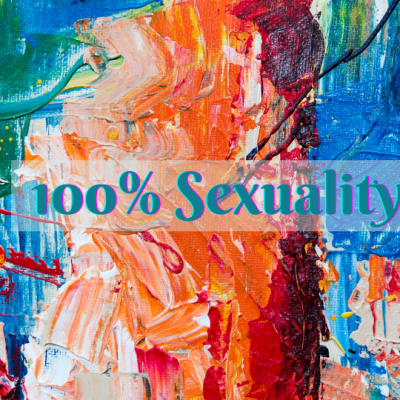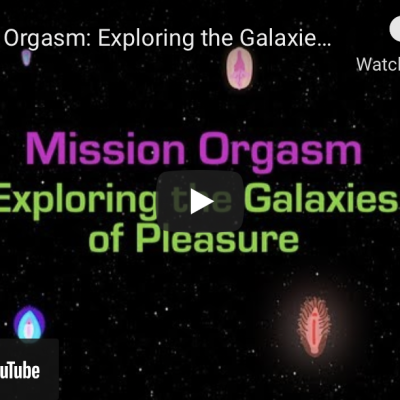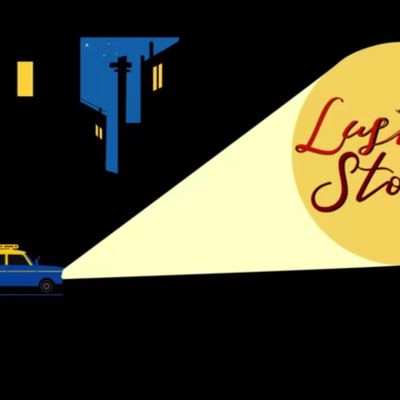fantasy
The story is so well told and is written with such a light, deft hand that it is almost easy to miss what makes it so quietly radical. To review it within the scope of exploring the coming together of literature and sexuality we must begin with its central cast of characters – the widows.
We must all care for ourselves and be discerning about when and where and with whom we show our cards…but those who can hold our emotional and sexual vulnerability are out there, and we can find them and be all of who we are.
At first glance, dating and social distancing appear to be oxymorons. But, as the last few weeks have shown us,…
100 issues, 8 years! Thank you, dear readers and contributors! As we planned for this issue to put on our…
Digital entanglements transcend bodies, time, geographical borders and boundaries, influencing – and perhaps fundamentally changing – the ways in which we understand, explore and express our sexuality.
Coupled with the tendency to approach sexuality with seriousness, play often remains absent in discussions of sexuality. Sexuality shares the elements of fun, pleasure and spontaneity that are found in play.
This question of appropriateness is, for me, at the heart of all questions around sexuality. Each of us carries within us our own private benchmarks for which expressions of sexuality we find appropriate, and which ones, in turn, have crossed an invisible line. The ones we believe belong across the border, in the land of the inappropriate, of the too much.
In this write up, we’d like to share a sense of what emerges from a compilation of these responses. This is based on the thoughts and feelings that come through for those of us here at In Plainspeak who have had the joy of reading the original responses as they came in to us. (Some of the quotations that follow have been slightly edited for flow and to help connect themes.) We know that most things in the realm of art, information and ideas lend themselves to a wide range of inferences and insights depending on the individuals making the inferences.
As we grow older, moral codes, conventions of appropriateness and shame, and the utilitarian and income-focused education we get make us lose that stability. The idea of play to me is about bringing back that ability and comfort into the lives of people so that they can actually play.
This Parodevi Pictures’ production from Agents of Ishq is a kaleidoscopic must-watch that takes us into the poorly understood ‘galaxy’ of female orgasm and sexual pleasure through a mobile-phone game – A Little Death – that helps people navigate this terrain unfamiliar to many in an exciting and accessible way.
Four More Shots Please! moves in the right direction when it comes to women (of a particular social stratum), their lives, and feminism at large – even if it takes small, stumbling, baby steps towards it.
The anthology’s pull rests in its sincere and frank portrayal of male and female desires cutting across the divides of age, sexuality, and socioeconomic position. In terms of romance, the idealistic, till-death-do-us-part fantasy peddled by our movies and mainstream literature has been replaced by a realistic portrayal of modern relationships.
The In Plainspeak team decided to time travel and re-discover previously published articles that explore the multiple ways in which people find joy and pleasure in their sexualities.
Trying to live up to the expectations of those you care about isn’t easy! Li Chenxi is 27 years old and has been facing pressure from her family to get married. She herself has no such desire and is fine with the way she lives; but to keep those she cares about happy she, like so many of us, finds a creative way to sustain her mum’s fantasy!
उनकी सेक्सी कहानियों में आनंद और फैंटसी का चित्रण पूरी तरह औरतों की इच्छाओं पर केंद्रित हैं।














